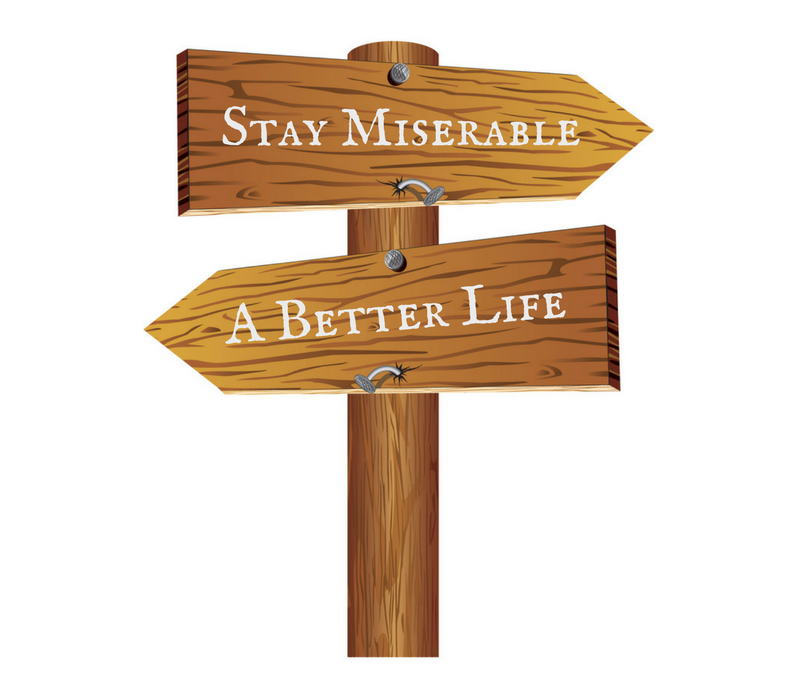
A Mental Illness Diagnosis Means a Better Life Is Possible
It’s exciting to witness that moment when someone realizes that their diagnosis means that a better life is possible for them.

It’s exciting to witness that moment when someone realizes that their diagnosis means that a better life is possible for them.
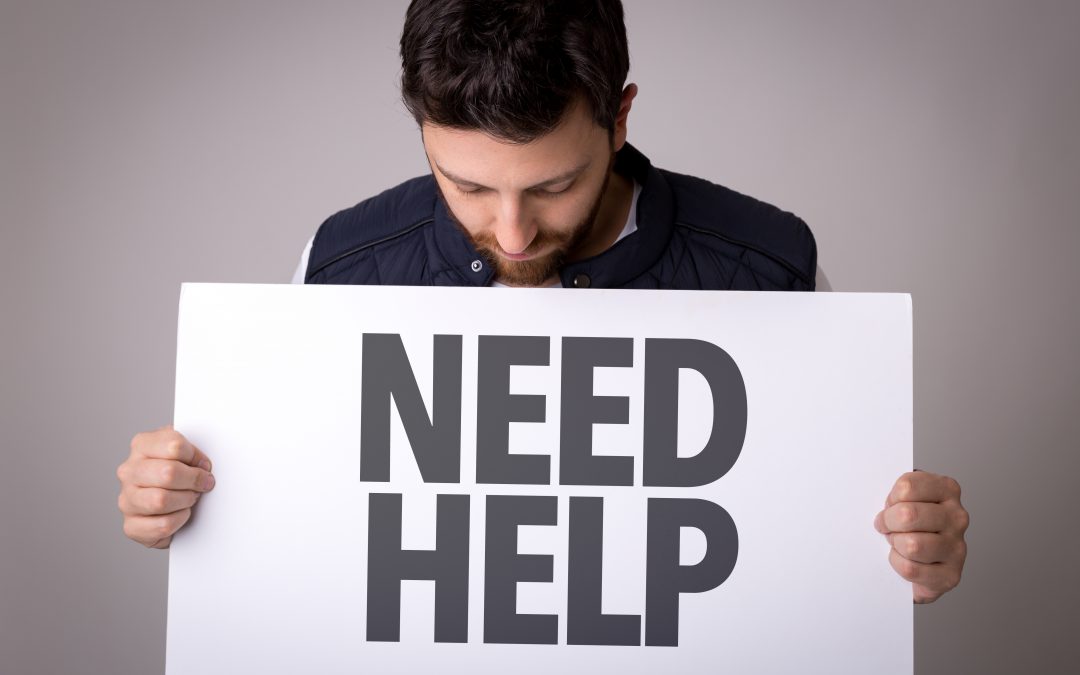
There are several excuses we give ourselves to explain why we don’t ask for the help we need. None of them are accurate, though we believe they are.

Everyone hits a crisis point, a point at which they look around at their lives and wonder how they got to that point. Life is chaos, and chaos destabilizes.
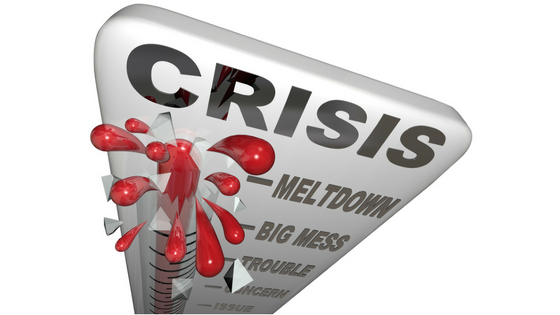
Emotional crises can happen anywhere and under even seemingly simple situations. Learning to manage a crisis scenario is critical.
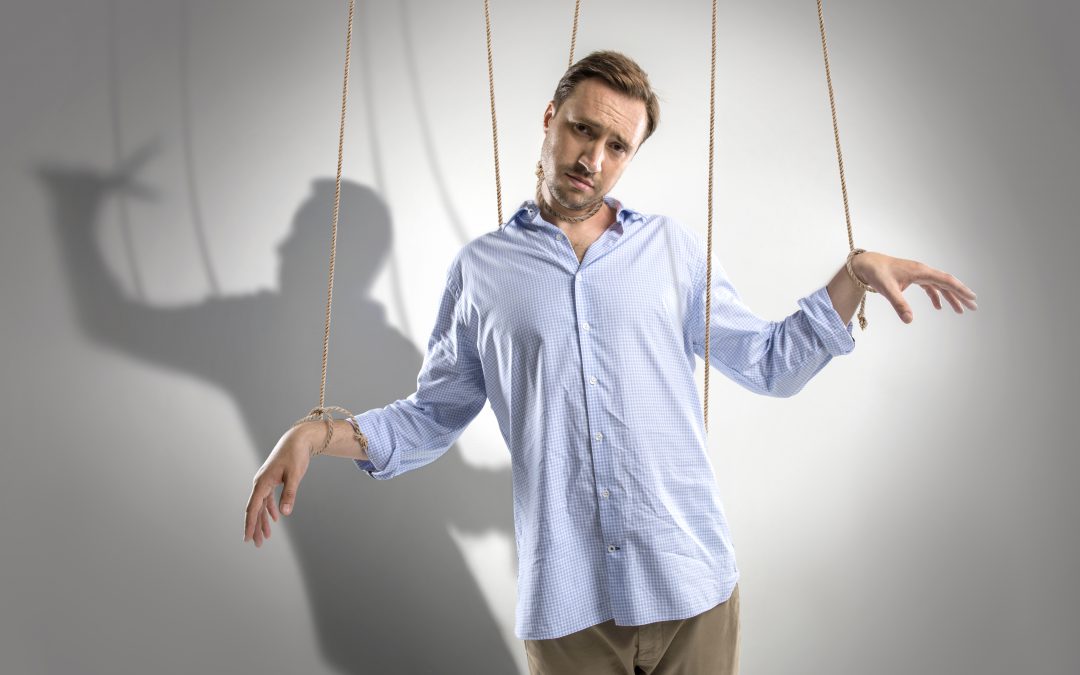
Controlling situations takes away a level of worry and anxiety I’ve often experienced. Then I learned something: Control issues aren’t about control.
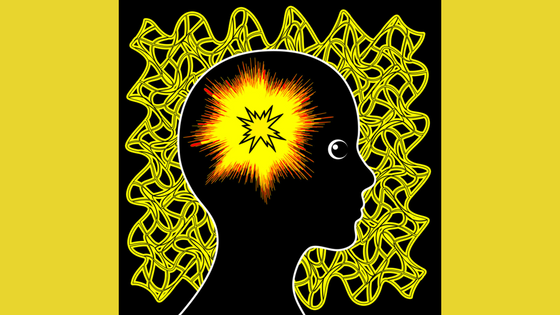
Triggers are events (usually small) that sends us back in time to relive a traumatic event. They apply to all types of trauma and vary in their intensity.
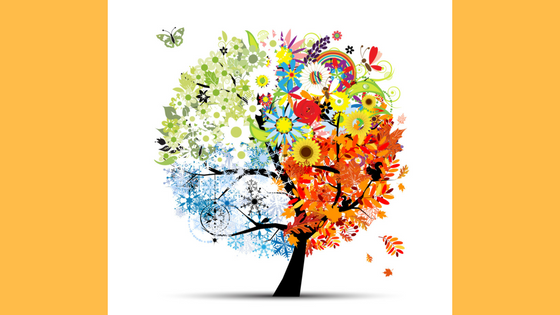
Many of our mood changes are cyclical. By tracking our moods, we can learn the identifying factors of a cycle change and take steps to manage them.
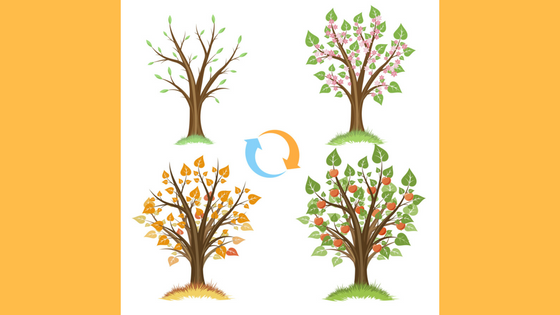
We can learn to manage our cycles and triggers and influence their impact upon our mental health. Doing so helps us get to a place of peace.

One piece of standard advice from mental health professionals to those on the road to recovery is to start giving. Sure, I’ve had a few moments when I’ve been glad I volunteered, but I’ve also felt resentful of the imposition on my time. Resentment and a giving heart do not go hand-in-hand. This time was different.

I’m not an alcoholic. I’ve never attended meetings, no DUIs, nothing matches what you might expect. Yet, my relationship with alcohol was a problem.

What we see as sufferers is not always what you see as our support network. You have an opportunity to help us significantly in our recovery journey.

“It’s probably just me” properly translates to a much more powerful phrase: “I’m the only one, and I’m all alone.” It’s not true. You aren’t alone.
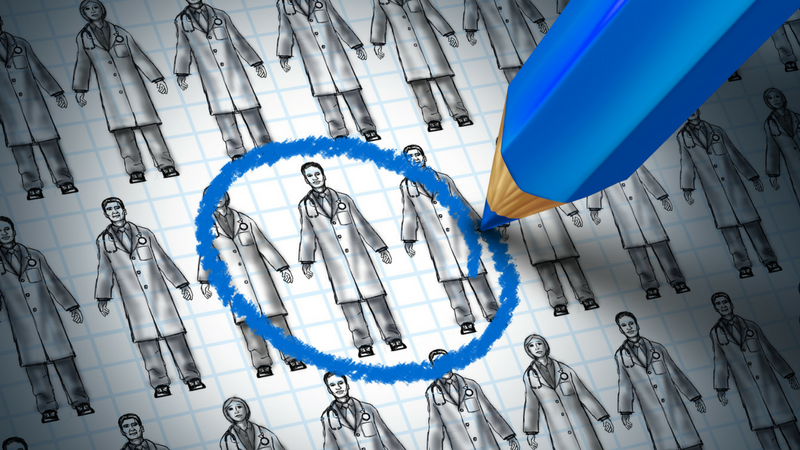
When we decide we want help by getting a mental illness diagnosis, it can be confusing to figure out where to start. Here are some simple steps to follow.

While medication, good diet, and consistent exercise are important in treatment, there is another component that is equally important: Talk therapy.

When we suffer a loss, we go through a grieving process. You may be surprised to learn the true stages of grief and how we experience them.

We often define grief as big, profound losses. What we miss in this simplistic definition are all the “little deaths” we experience in our lives.

“Did you know that ‘you’re so sensitive’ and ‘you’re so intense’ are phrases commonly associated with people who have bipolar?”
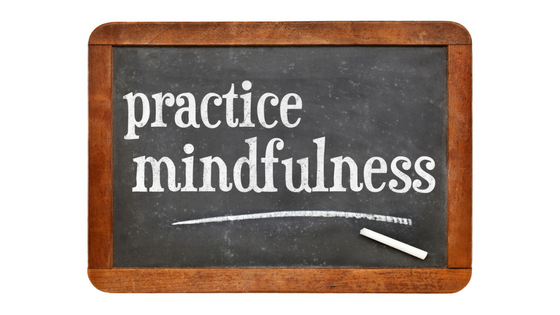
When we are numb to our emotions, we lose control of our environment and feel disconnected from those around us. Getting back in touch with our emotions helps us accelerate our return to mental health. Mindfulness is the key to uncovering and rediscovering our emotions.

Routines—we all have them. Some of these routines are intentional – such as the bedtime routine – and others are ones we fall into. Routines are important for all of us; they create predictability and provide comfort. As we look at establishing healthy routines, we’ll provide a list of five steps to help us identify and tweak existing routines, and to build new ones.
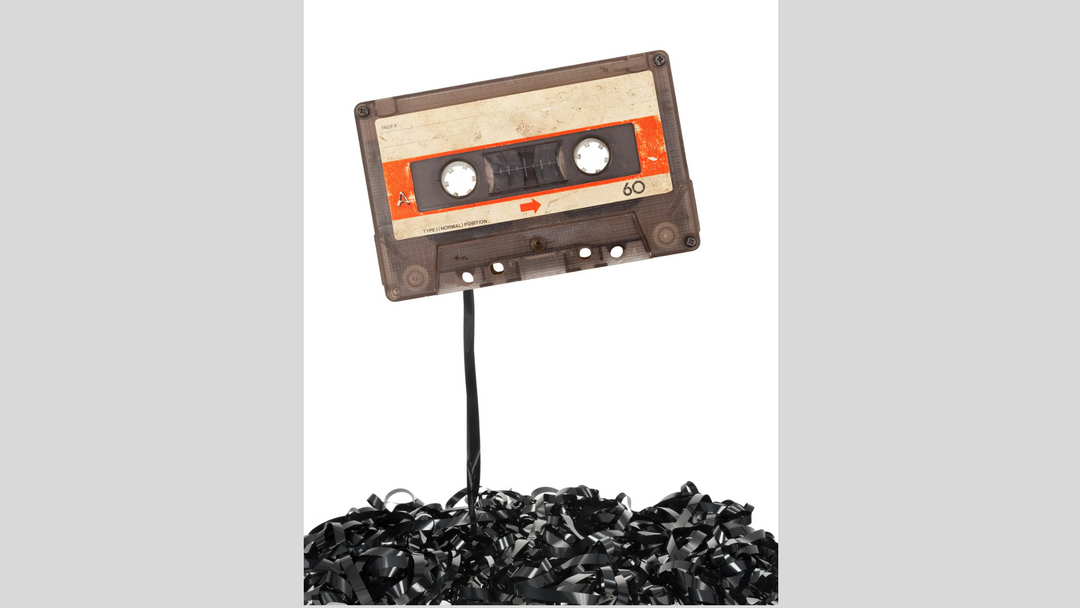
We all have an “automatic tape” in our heads that provide default responses to situations. Learn why the automatic tape exists and how to rewrite it.